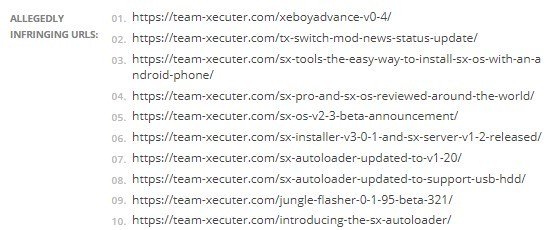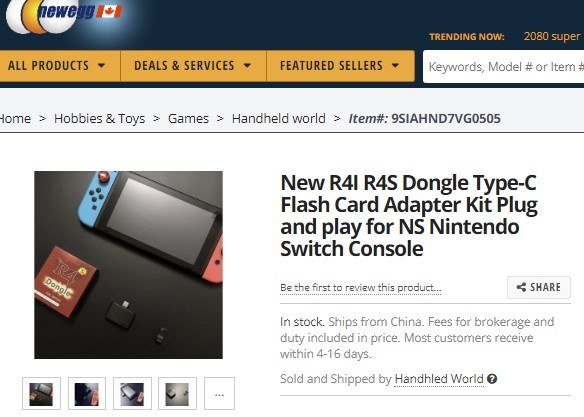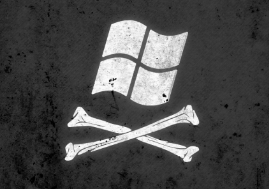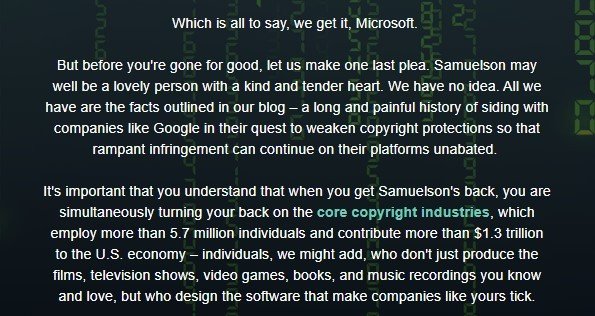Nintendo Wipes ‘Piracy Enabling’ URLs from Google with Anti-Circumvention Notices
dimanche 24 novembre 2019 à 21:44
As one of the most iconic gaming manufacturers in the world, Nintendo has been fighting piracy for many years.
The company has an in-house anti-piracy division that signals the latest threats to steer enforcement actions in the right direction.
This has resulted in high-profile lawsuits against ROM sites as well as site blocking efforts. For example, earlier this year the company obtained an injunction from the UK High Court which ordered local ISPs to block sites that enable Nintendo Switch piracy.
This included the homes of the infamous Team-Xecutor, as well as sites that sell R4i flashcard adaptors which allow Switch owners to load custom firmware.
The problem for Nintendo is that this blockade is limited to the UK. However, in recent months the company has used another strategy to limit the availability of these sites worldwide, with minimal effort. Instead of going to court, it went to Google.
The gaming company has sent hundreds of takedown notices to the search engine, targeting thousands of URLs. These requests are not standard copyright takedowns. Instead, Nintendo flags the sites for violating the DMCA’s anti-circumvention provision.
This includes many pages from Team-Xecuter’s site, which offers software to jailbreak the Switch console and bypass other protection measures.
“Nintendo’s technological protection measures (‘TPMs’) ensure that only official copies of its game software can be played on Nintendo’s video game systems,” Nintendo writes.
“The circumvention devices, products or components offered at the reported links bypass Nintendo’s TPMs so that users can play unauthorized copies of Nintendo’s game files that are offered unlawfully via the Internet,” the notice adds.

Nintendo notes that some of the URLs offer circumvention devices and tools directly, but it also highlights pages that “promote and direct” visitors to resellers of the circumvention components.
While Team-Xecuter is one of the main targets, Nintendo is also going after legitimate stores that offer R4i and R4S dongles. This includes Newegg, a well-known electronics retailer based in California.
At the time of writing, Newegg no longer lists any R4i dongles on its .com site but the Canadian version still has some, including the one below. Nintendo also asked Google to remove this page, but for now, it’s still listed in the search results.

The same isn’t true for many other pages. Most well-ranked Team-Xecuter URLs, including the homepage, have been removed from Google. The same is true for other sites such as usachipss.com, mod-switch.com, mlgames.net, and funnyplaying.com.
Whether the site operators agree with the takedowns or not, they are generally irreversible. Google says that unlike regular DMCA copyright takedowns, there is no counternotice process. The DMCA doesn’t prescribe a takedown and counter-notification scheme for DRM circumvention.
While Google has voluntarily chosen to take the URLs offline, it is not required to offer a counter-notice option. This puts targeted sites at a severe disadvantage.
This means that for rightsholders this takedown route can be quite effective. Just a few weeks ago we showed that the RIAA uses the same grounds to remove the URLs of YouTube download platforms, and even scammers have previously used the anti-circumvention route as well.
Source: TF, for the latest info on copyright, file-sharing, torrent sites and more. We also have VPN reviews, discounts, offers and coupons.





